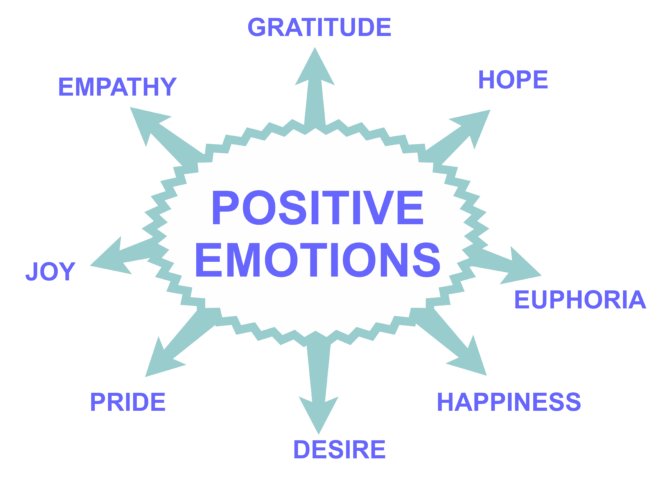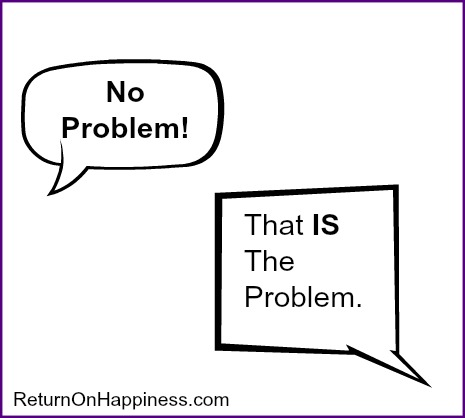Focusing on Creating Value
What would happen if you stopped TRYING to make money? If, for one whole year you didn’t think about creating profit. If, for that year you took your focus off what was dropping to the bottom line? Do you think your business would fall apart? Do you think your profits would naturally drop? Well, that depends.








